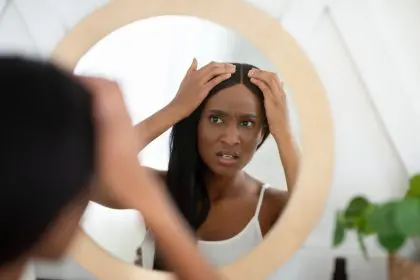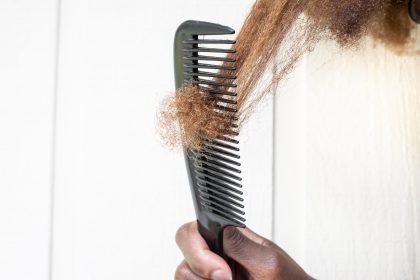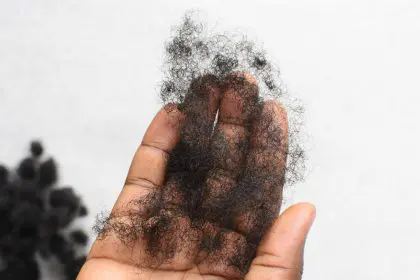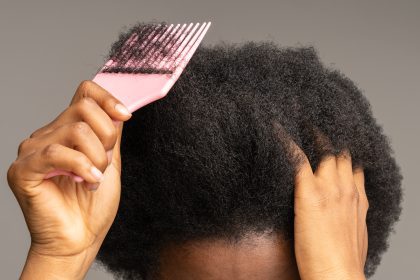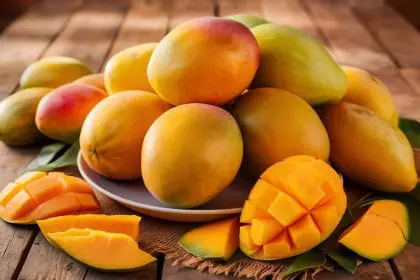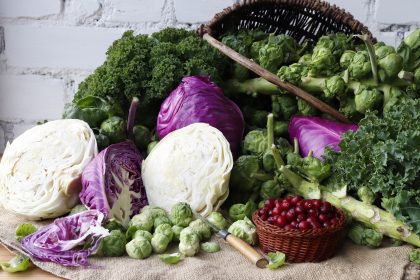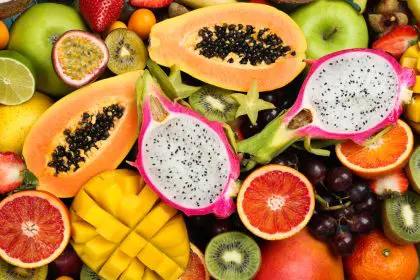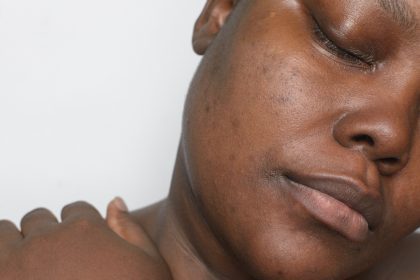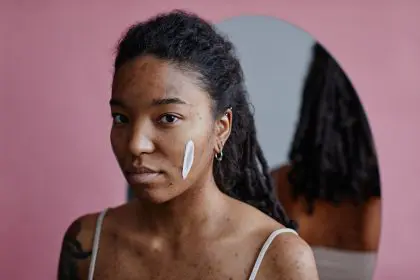Understanding the intricate relationship between diet and hair health reveals fascinating connections that affect every strand. Recent research demonstrates that hair follicles require specific nutrients to maintain their growth cycle and produce strong, vibrant hair. The complex interplay between proteins, vitamins, minerals and fatty acids determines everything from hair strength to shine, making dietary choices crucial for maintaining healthy locks.
Foods for transforming hair health
Wild salmon leads the pack as the number one food for hair vitality. This nutrient powerhouse delivers high-quality protein for keratin production, essential omega-3 fatty acids for scalp health, and vitamin D for preventing hair loss. Nutritionists recommend two weekly servings, including the skin, to maximize its collagen benefits.
The second hero for hair health, almonds, provides crucial minerals including magnesium and iron. These nuts help carry oxygen to hair follicles while their high vitamin E content protects follicles from oxidative stress, making them an excellent daily snack for hair health.
Third on the list, walnuts offer plant-based omega-3 fatty acids and protein, particularly valuable for vegetarian diets. Their magnesium content supports cellular energy production in hair follicles, while their antioxidants protect against environmental damage.
The fourth champion, eggs, delivers a complete package of hair-nurturing nutrients. They provide high-quality protein essential for hair growth, along with biotin for stronger strands, vitamin B12 for proper oxygen delivery to follicles, and antioxidants that protect both scalp and hair.
Fifth in line, citrus fruits contribute to hair health through their abundant vitamin C content. These fruits support collagen production and enhance iron absorption, crucial for preventing hair loss. Their antioxidant properties also shield hair follicles from free radical damage.
The sixth position belongs to skin-on chicken, offering an alternative source of collagen and complete protein. This lean meat provides essential amino acids for keratin production while supporting overall hair structure through its nutrient profile.
Completing the list at number seven, legumes serve as powerful plant-based protein sources rich in iron and B vitamins. Their fiber content helps regulate blood sugar levels, which can affect hair growth cycles, making them especially valuable for vegetarian and vegan diets.
Essential building blocks for healthy hair
Hair structure primarily consists of a protein called keratin, making protein intake fundamental for hair health. However, the body requires more than just protein to maintain healthy hair growth. Zinc plays a vital role in DNA synthesis and cell division, processes essential for hair follicle development. Omega-3 fatty acids provide necessary nutrients for scalp health and hair hydration, while biotin supports keratin production and helps prevent hair brittleness.
Beyond the seven key foods, several nutrients play crucial roles in supporting hair health through their unique properties. A balanced intake of B vitamins supports red blood cell production, ensuring proper oxygen delivery to hair follicles. Vitamin D helps create new hair follicles, while vitamin E protects existing ones from oxidative stress. Iron deficiency often leads to hair loss, making iron-rich foods essential for maintaining healthy locks.
Certain dietary choices can negatively impact hair health. Ultra-processed foods and excessive sugar consumption promote inflammation throughout the body, potentially affecting hair follicles and growth cycles. High-mercury fish such as swordfish and bigeye tuna can contribute to hair loss through mercury accumulation in the body. Limiting these foods while increasing consumption of hair-healthy alternatives supports optimal hair growth and maintenance.
Hydration and management
The role of proper hydration in hair health cannot be overstated. Water supports nutrient delivery to hair follicles and helps maintain proper scalp condition. Chronic dehydration can lead to brittle hair and stunted growth. Similarly, stress management plays a crucial role in hair health, as stress hormones can disrupt normal hair growth cycles and contribute to hair loss.
Beyond nutrition, certain lifestyle practices significantly impact hair health. Using microfiber towels reduces friction and prevents breakage, while sleeping on satin pillowcases minimizes nighttime damage. Heat styling should be limited and always accompanied by heat protectants to prevent damage to hair structure.
Maintaining healthy hair requires consistent attention to both nutrition and care practices. Avoiding extreme dieting prevents nutrient deficiencies that can impact hair health. Regular trims remove split ends and prevent breakage from traveling up the hair shaft. Protecting hair from environmental damage through proper UV protection and minimal chemical processing supports long-term hair health.
This comprehensive approach to hair nutrition represents a significant advancement in understanding how dietary choices affect hair health. By incorporating these nutrient-rich foods and following protective practices, individuals can support optimal hair growth and maintain healthy, vibrant locks throughout their lives. The key lies in consistency and understanding that hair health reflects overall nutritional status and wellness practices.

